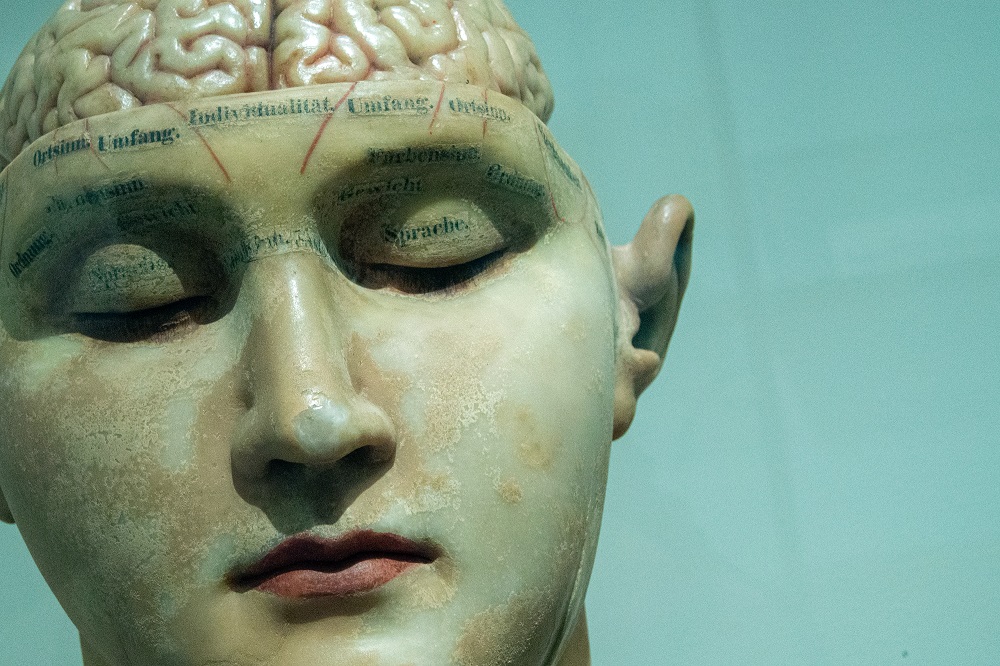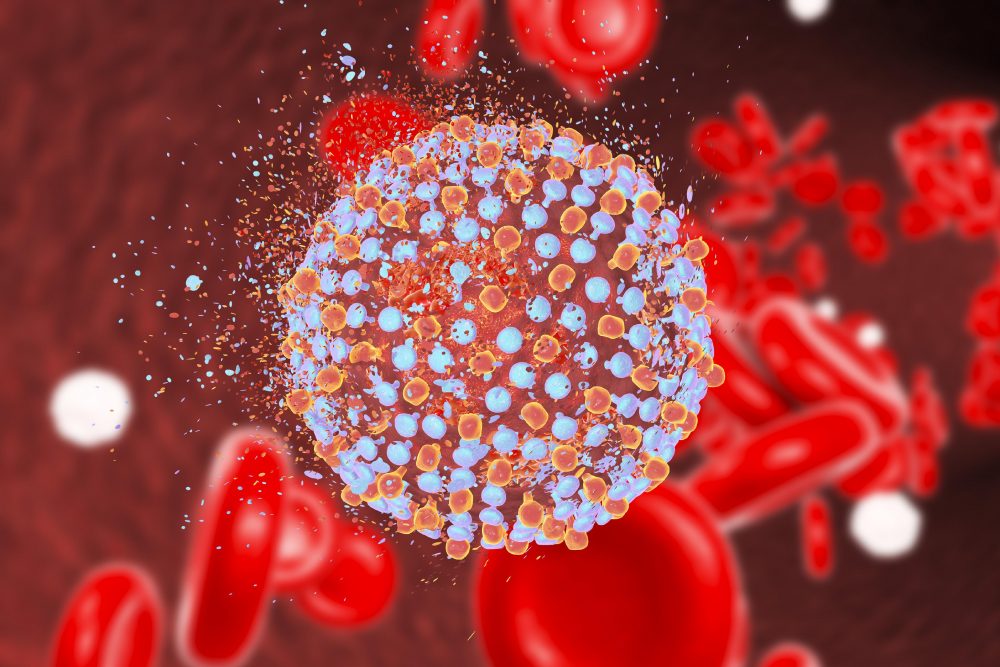Famous comedian Bob Saget was found unconscious in his hotel room as he performed a stand-up comedy act on January 9. Upon examination, he was pronounced dead on the spot.
As per the statement from Saget’s family, the actor and comedian had hit the back of his head on something, didn’t pay any attention to it, and went to sleep. When the autopsy report came out, it was revealed that Saget had endured a significant blow to the head and had multiple fractures coupled with internal bleeding in the brain.

National Cancer Institute/Unsplash. Head injuries account for more than 60 thousand deaths in the US yearly.
This accident sheds light on a serious matter: head injuries and when to take them seriously. According to the Centers for Disease Control and Prevention, about 61000 people died from traumatic brain injuries in 2019 alone.
Traumatic brain injuries, often called TBIs, can result in a number of serious complications like swelling, brain bleeding, fractures, and death. It is important that we know the symptoms of a serious TBI so that we can immediately take lifesaving measures when a person is suffering from a serious blow to the head.
The problem with brain injuries is that they are not visible to the eye. When we hit something on our arms or legs, the physical sign of the trauma and injury can be seen, and we treat it as required. But brain injuries show no physical signs and so, we must be careful of the developing symptoms and when to seek medical care.

National Cancer Institute/Unsplash. TBIs should be immediately examined and checked through MRIs and X Rays.
TBIs occur on a spectrum and could be caused by bumps, blows, or jolts to the head. A mild TBI is when you hit your head on a cabinet or something hit you while you’re busy played sports, leading to a concussion. People suffering from a concussion feel better within a week and show no symptoms of bleeding or swelling on a brain scan.
But moderate or severe TBIs show up on a brain scan in a variety of ways, like hematomas–bleeding in a ruptured blood vessel in the brain, bruising of the brain tissue, or hemorrhages. TSevere TBIs are life-threatening–they can cause extreme pressure in the brain, restricting blood flow, which can lead to serious brain damage or even death.

Robina Weermeijer/Unsplash. TBIs occur on a spectrum, and a mild one can turn into a more severe one if unnoticed.
A moderate TBI can soon progress to a severe one, so if something feels off after a head injury, it is best to immediately seek medical care, be vigilant and monitor your symptoms.















